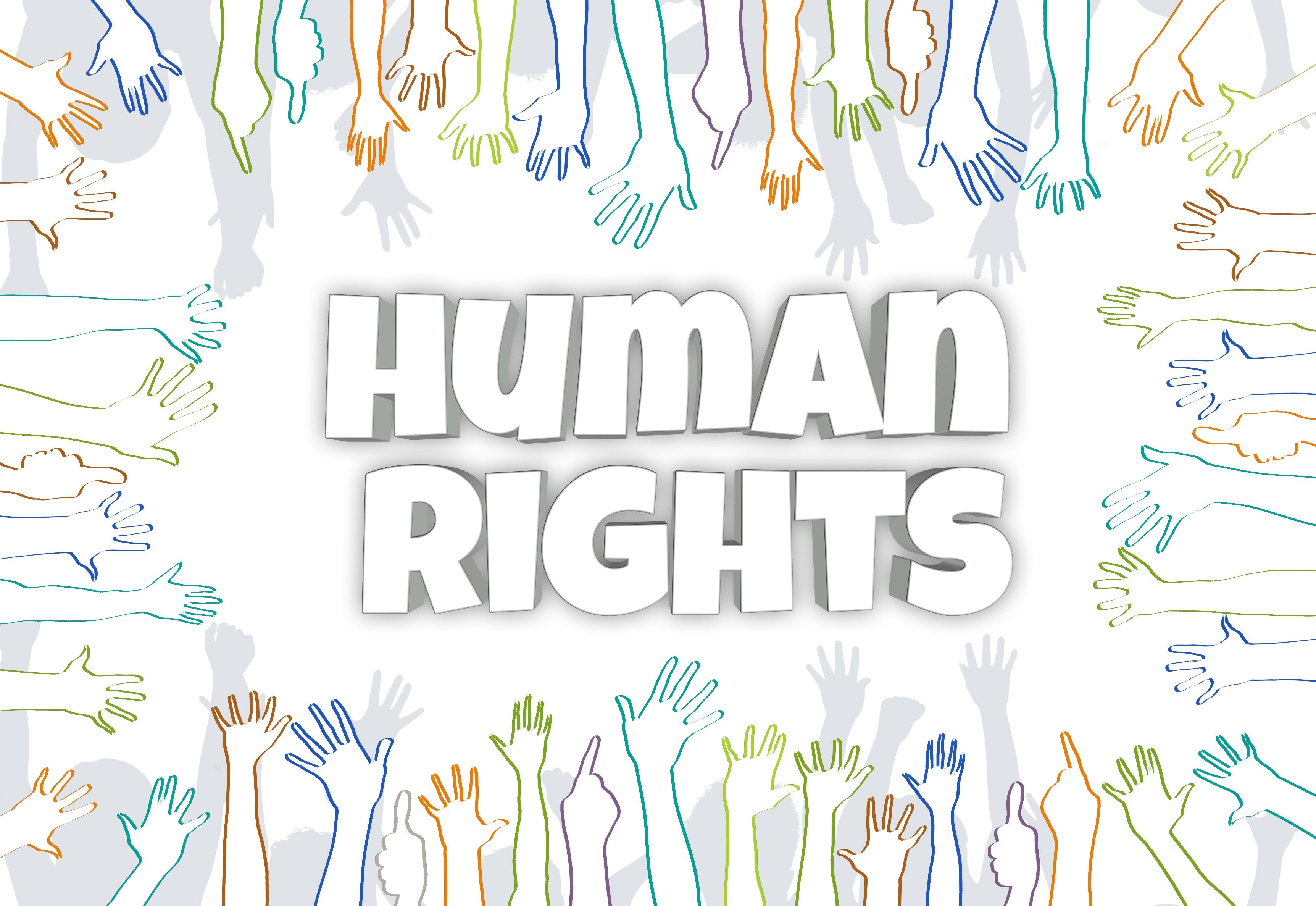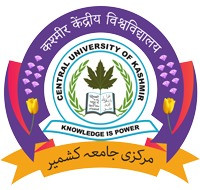
This course offers a systematic explanation of the meaning, nature, and significance of rights and duties, both in theory and practice, with a particular focus on their constitutional foundations in India. It begins by unpacking the conceptual dimensions of rights—what they are, why they matter, and how they underpin human dignity and democratic life. Competing theories of rights are examined, including the theory of natural rights, the legal theory of rights, and the feminist perspective, highlighting the philosophical debates that shape our understanding of individual entitlements and collective responsibilities.
The course then turns to the classification and scope of rights in the modern era. It distinguishes between civil and political rights, which safeguard liberty and democratic participation; economic, social, and cultural rights, which address questions of equality and welfare; and the three generations of rights, which collectively map the evolution of human rights discourse from liberty and equality to solidarity and global justice.
In the Indian context, the course provides a detailed study of Fundamental Rights, their scope, and their interpretation by the judiciary. It further examines the Directive Principles of State Policy (DPSPs), as instruments of socio-economic transformation, and the Fundamental Duties, which emphasize the responsibilities of citizens in strengthening democracy. A key area of discussion is the relationship between rights and duties, where students analyze how rights are balanced by obligations towards the community. The course also addresses the legal status of Fundamental Duties and the evolving judicial approach towards enforcing them.
Through this dual lens—philosophical and constitutional—the course emphasizes that rights and duties are not isolated entities but interdependent concepts. While rights empower individuals, duties ensure the responsible exercise of those rights and promote harmony between personal freedom and social order.
- Teacher: Muzaffar Ahmad
